Title: Plants-Electronics interface
Abstract:Plants are complex biological organisms that comprise our primary source of food, but are also a source of oxygen, renewable energy, materials, medicines and regulators of the ecosystem. The interface of plants with electronic materials and devices has not been widely explored although there are many possibilities from controlling plant functions, to energy, sensing and bio-hybrid systems. We demonstrated that water-soluble conducting polymers and oligomers can self organize or polymerize in vivo, with the plant acting as the catalyst and template for the chemical reaction. We manufactured analogue and digital circuits in the organs of a plant as well as supercapacitors for energy storage. Our latest findings show that the conjugated oligomers organize and form conductors in parallel with the growth of the plant. The polymerization of the conjugated oligomers is driven from the lignification process, integrating the conducting polymers in the cell wall. The biohybrid system is further explored in energy applications.
In addition, we are developing bioelectronic devices to sense and actuate plant functions. We fabricated a capillary based organic electronic ion pump (c-OEIP) that enables implantation in soft tissue. The c-OEIP is used to control the stomata in leaves. Stomata, the microscopic pores in the leaves of plants are fundamental to the plant function as they control the photosynthesis and transpiration rate. By delivering abscisic acid, ABA, also known as the stress hormone, we trigger the stomata closure on demand. The stomata next to the c-OEIP close faster than the ones further away implying dose dependence and revealing the signal propagation kinetics. No significant wound effect from the insertion of the c-OEIP is observed signifying the potential of our method as non-invasive. Furthermore, we developed sensors based on organic electrochemical transistors for biomolecules monitoring in in-vitro and in-vivo plant systems. With this technology we can offer new tools for fundamental understanding of plant physiology but also adaptation of plants to environmental changes.
Biography: Eleni Stavrinidou received her Bachelor’s degree in Physics in 2008 from Aristotle University of Thessaloniki (Greece) and then her Master’s degree in Nanotechnology from the same university, in 2010. She then joined the group of Prof. George Malliaras at the Department of Bioelectronics of Ecole Nationale Supérieure des Mines de Saint-Étienne (France) where she completed her PhD on Microelectronics in 2014. Her work there focused on understanding and engineering ion transport in conducting polymers. Eleni then joined the Laboratory of Organic Electronics of Linköping University (Sweden) as a Postdoctoral Scholar working with Prof. Magnus Berggren. During her post-doc she developed organic electronic devices integrated within living plants, introducing the concept of Electronic Plants. Since 2017 Eleni is an Assistant Professor in Organic Electronics at Linköping University and leader of the Electronic Plants group. She received several grants including a Marie Skłodowska-Curie Fellowship, a Swedish Research Council (VR) Starting Grant and she is the Coordinator of the HyPhOE-FET-OPEN project. In 2019 she received the L’ORÉAL-UNESCO For Women in Science prize in Sweden. Her research interests focus on electronic interface with plants for plant control – optimisation, energy applications, hybrid systems and electronic materials-plant tissue interaction.

